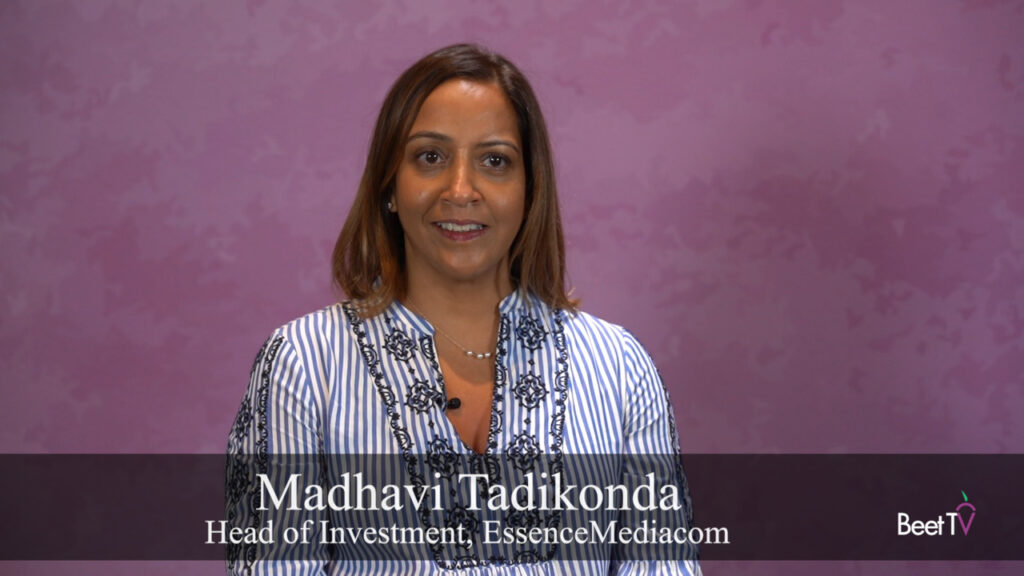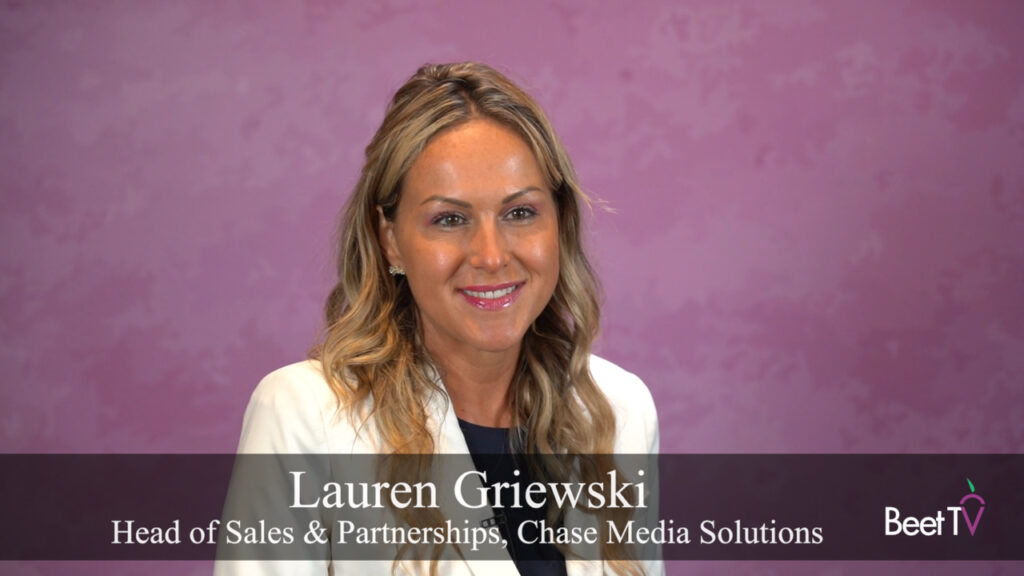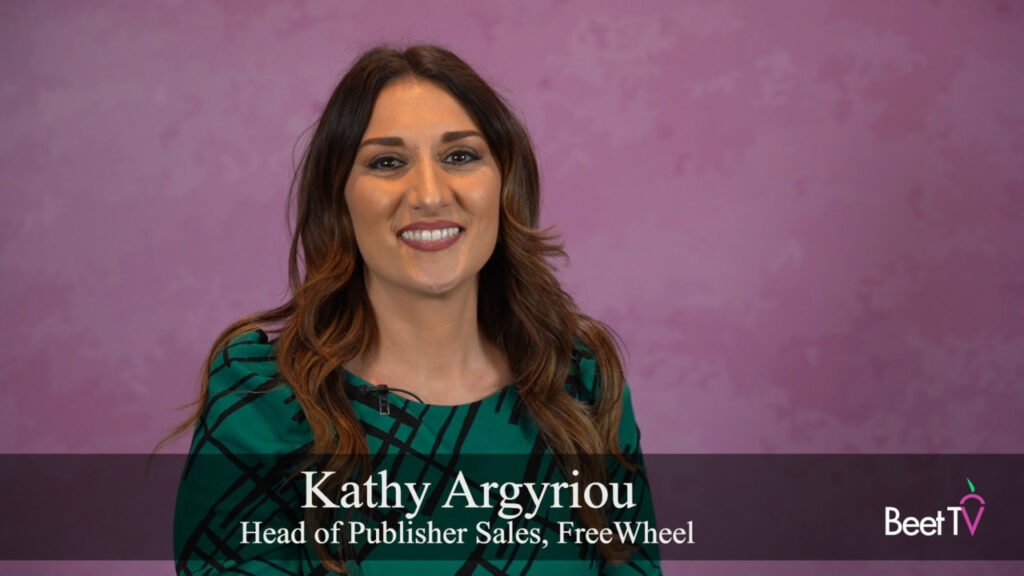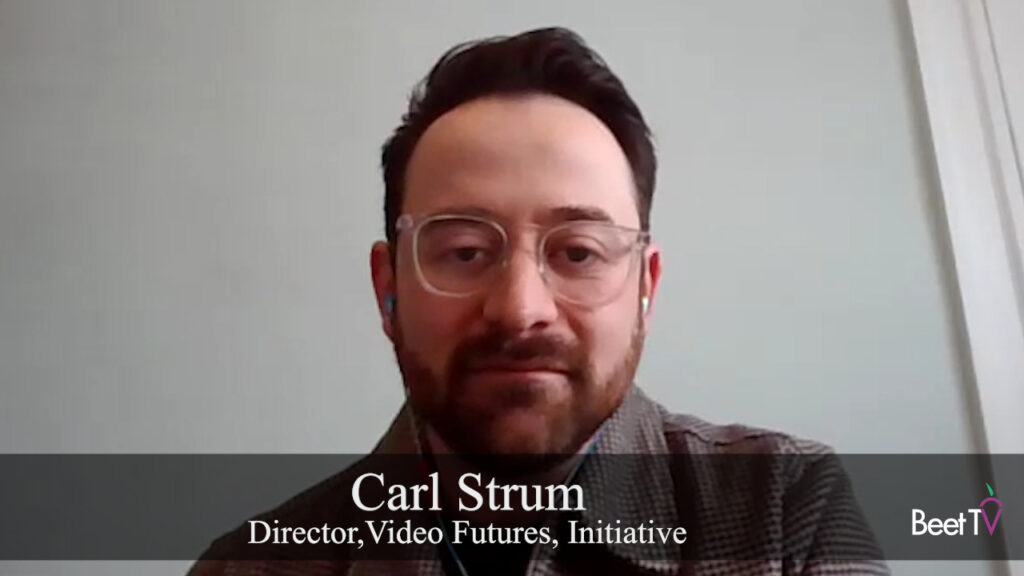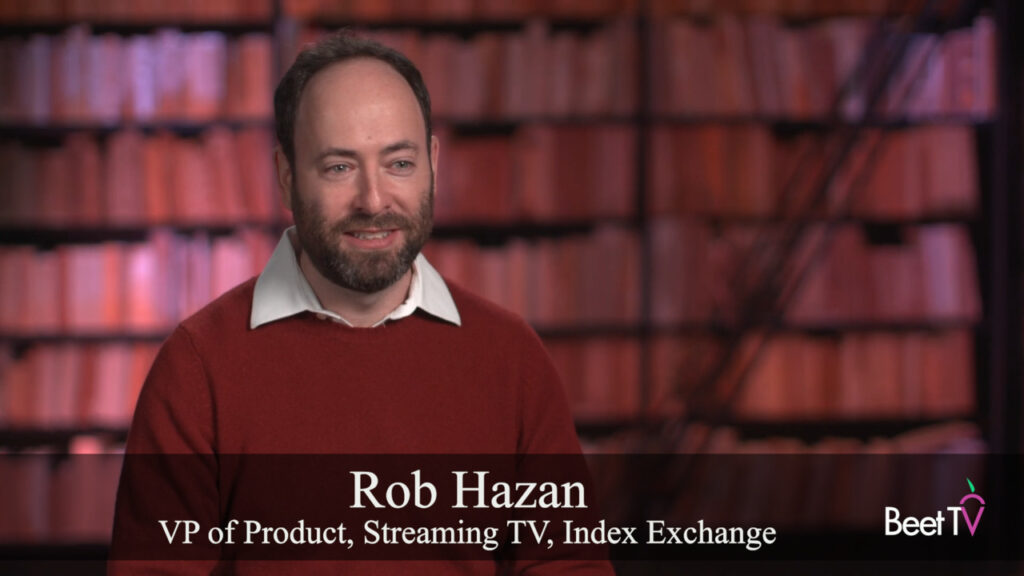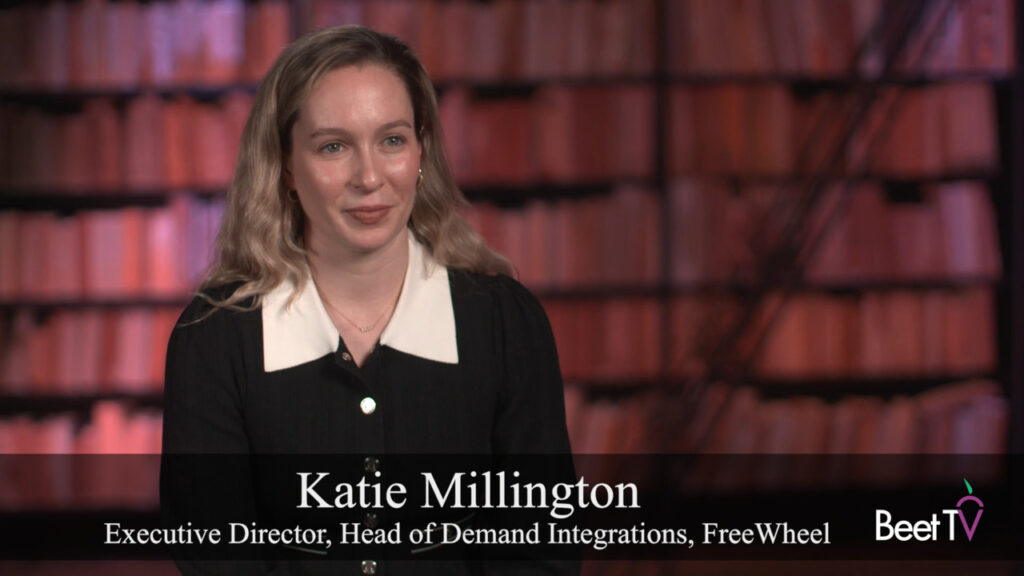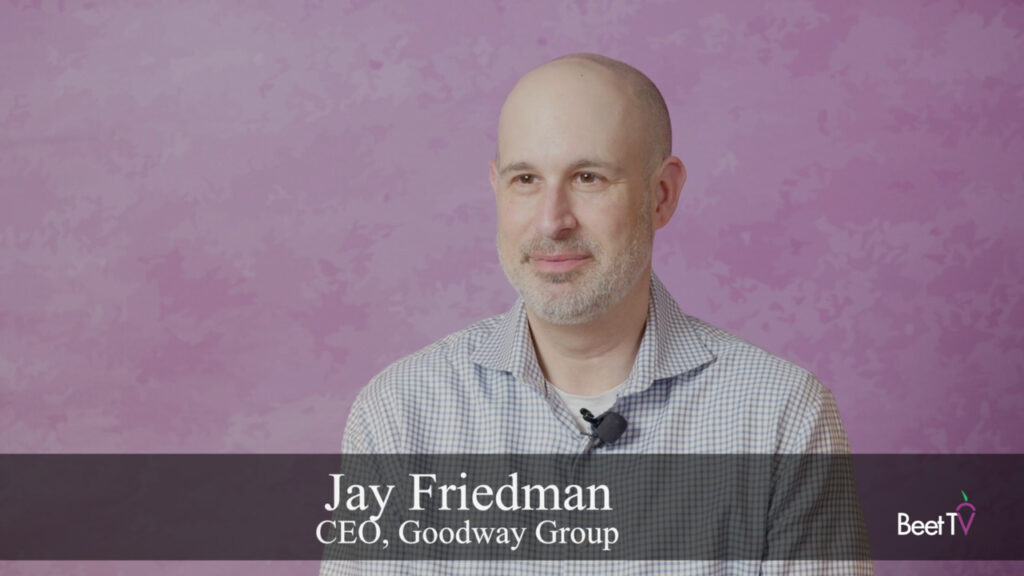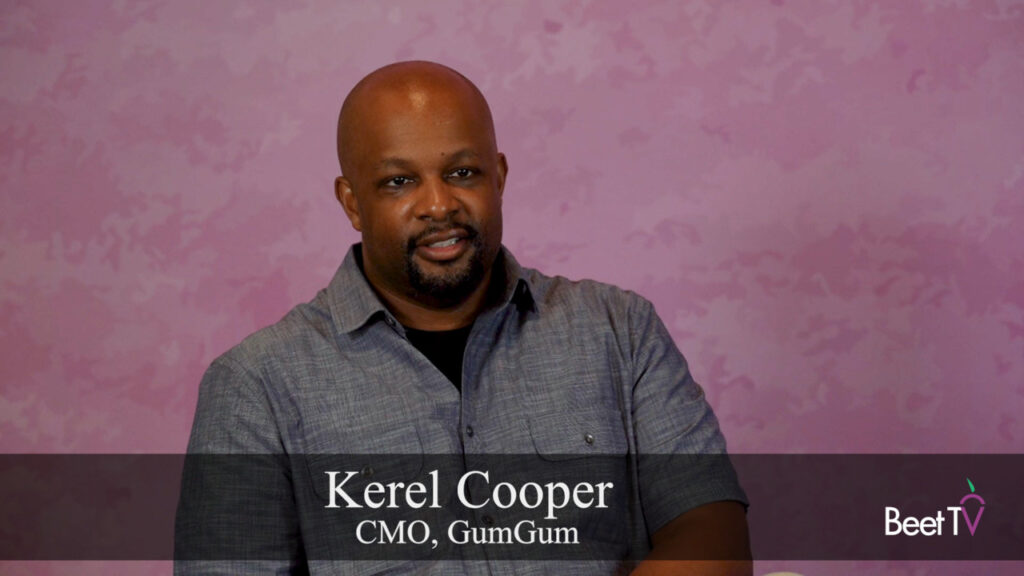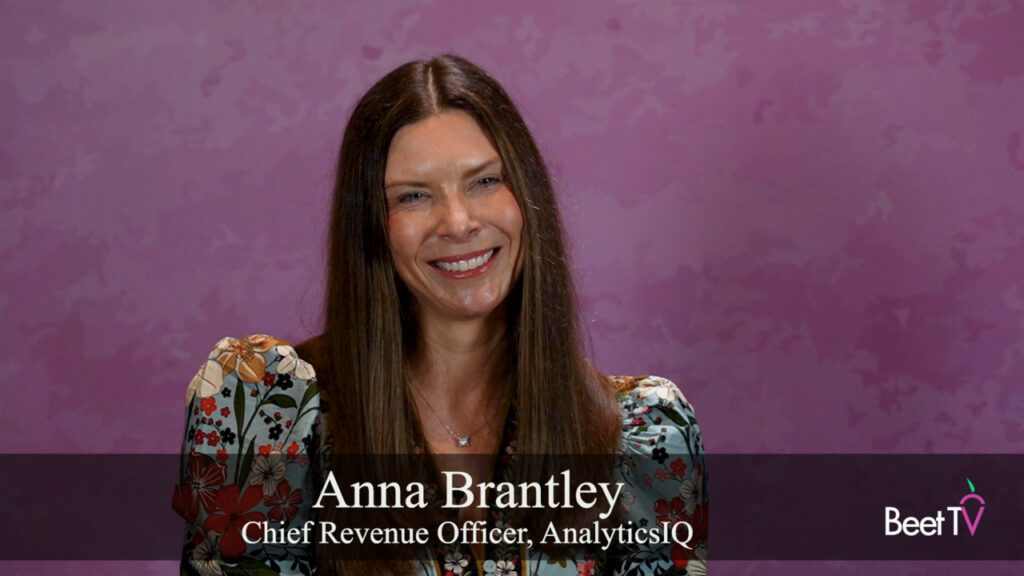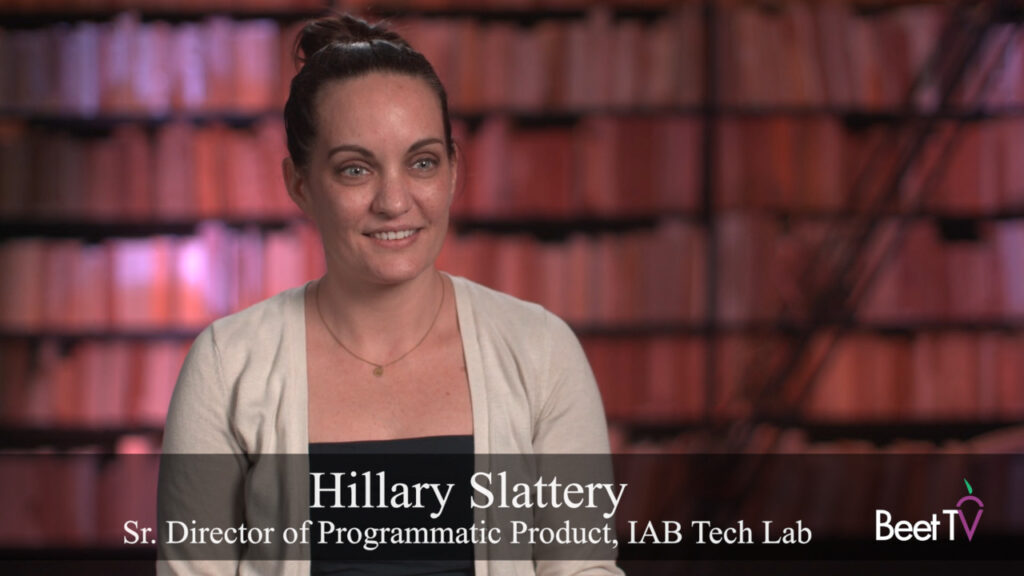The digital advertising world has to bring about more accountability and transparency as it transitions to addressable, audience-based targeting.
That is according to one ad-tech company leader that has staked his firm’s reputation on the switch.
In this video interview with Beet.TV, Jeremy Steinberg, head of ecosystem at MediaMath, says he is leaning into providing first-party user authentication and respect for user privacy, each helping brands build more meaningful and respectful relationships with consumers.
‘Murky’ ad world
“If we live in a murky world, and we are in today, I’m very concerned about the vitality of the advertising industry,” Steinberg says.
“Without these notions of alignment and accountability and addressability, I think the lack of trust, the current opacity in the system, is going to create friction points that are just unachievable to overcome relative to walled gardens going forward.
“We see a world where marketers have 100 per cent trust in the supply chain that they’re buying, have full visibility into ROI so that they can better understand where they have the most performance supply and what drives the best outcomes for them.”
In the the findings of the @forrester Opportunity Snapshot study, over 70% of respondents find media accountability, transparency, addressability and alignment across the media ecosystem partner interests important to their programmatic buying decisions. https://t.co/n1zUWIPMLa pic.twitter.com/h1s77IEXyq
— MediaMath (@mediamath) August 26, 2020
Go to the Source
In October 2019, the company announced the new initiative would commit to:
- 100% “accountability” by the end of 2020, meaning “full visibility into supply path mechanics and costs”
- 100% “addressable” by the end of 2020, meaning “real humans that brands can reach”, versus mere targeting criteria.
- An extension to MediaMath’s partnership with White Ops, whose software identifies bots that defraud advertisers.
Steinberg tells Beet.TV: “Our whole strategy going forward has been to develop this open infrastructure that allows for marketers to basically pick the best path that they think makes sense for their business, that provides the greatest level of addressability going forward.”
Cultural initiatives
This year, MediaMath has also been executing an initiative called Purpose-Driven Advertising, a partnership with Peer39 through which it hopes to encourage ad buyers to spend in quality media outlets despite brand safety concerns.
It has also been engaged in other initiatives. “We’ve launched a multicultural marketplace that supports hundreds of minority publications,” Steinberg adds. “We’ve launched a curated news marketplace that is really meant to help brands activate on quality journalism.
“With what’s happened with marketers boycotting Facebook, there’s this clear need for marketers to spend a significant amount of energy, effort and resources and time in really thinking through how to best protect their brand going forward, and doing it in a way that also supports quality journalism, supports a diversity of voices and healthy discourse.”
You are watching a segment from a Beet.TV series titled Programmatic Buying: Accountability & Transparency in Focus presented by MediaMath. For more videos from the series, please visit this page.



















